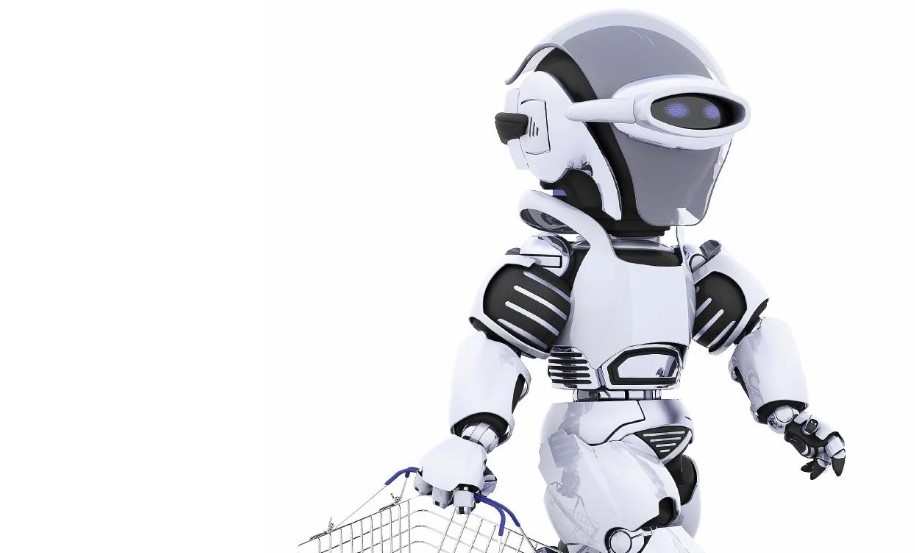ARTIFICIAL intelligence (AI) and robotics seem to be the hottest topics and trends today. These tools are being used in many sectors, especially education, manufacturing and government services. However, their use has sparked debate among people as these new, revolutionary inventions may soon replace some jobs, like those of educators. At the recent AI@Work Leadership Summit, hosted by the Asia School of Business (ASB), business and government leaders, policymakers, educators and industry experts gathered to discuss the advances in AI and robotics.
Is AI a threat to educators?
The worry of AI and robots replacing humans’ jobs has been an ongoing topic for quite some time. So are they really going to take away our jobs? ASB professor of Practice, Finance and Analytics Ong Shien Jin has the opposite view from what most people think. “By combining the analytical power of AI with the expertise of educators, we can create a future where data-driven insights and personalised learning experiences are far more integrated, empowering educators and learners to reach new heights,” he said.
Ong said this technology would make education more meaningful, allowing educators and learners to advance further. “AI and robotics are more likely to augment their capabilities. They can assist educators by automating administrative tasks, providing data-driven insights into personalised instruction, or providing additional learning resources.
“This collaboration between humans and technology has the potential to enhance the educational experience for educators and students.” To illustrate this view, ASB assistant professor of Economics Sam Flanders showed the analytical power of ChatGPT with a live demonstration. He used ChatGPT to analyse data collected from summit participants and generated descriptive statistics within a matter of minutes.
Coming of age of robotic learning
MIT assistant professor of Electrical Engineering and Computer Science Pulkit Agrawal provided insights into recent advancements in robots that employ API (artificial physical intelligence).He emphasised robots’ enormous potential for releasing humans from arduous tasks, allowing them to potentially regain time to focus on less menial endeavours.
“The science of making these robots has progressed at unparalleled speed. Robots are taking over tedious, monotonous, physically taxing and sometimes dangerous tasks. Let’s embrace it,” said Pulkit. He cited an example of how people spent their 24 hours a day, and how AI and robots could give back their time spent doing chores if they could be taught to do them. “What we have today are specialist robots, which are great at doing one thing, but what people want are robots that can do different tasks.”
Unlocking ethical transformation
MIT senior associate dean of Digital Learning and Professor of Electrical Engineering and Computer Science Professor of Physics Isaac Chuang said as with any transformative technology, ethical considerations were paramount. “Responsible and beneficial use of AI and quantum computing should be prioritised.” He said quantum computing could enhance AI’s capabilities in areas such as pattern recognition, optimisation and simulation.
“AI, in turn, can assist in quantum machine learning and error correction. The combination of these technologies can accelerate scientific discoveries, optimise supply chains and improve decision-making processes. “However, one must be on the lookout for errors as AI is not foolproof.” MIT Professor of Electrical Engineering and Computer Science and director of the Computer Science and Artificial Intelligence Laboratory Daniela Rus said striking the right balance between innovation and ethical considerations was vital to building trust and ensuring responsible AI deployment.
“It is important to note that AI also creates new opportunities and paves the way for job transformation.” ASB chief executive officer, president and dean of the School of Business Sanjay Sarma said despite challenges, the future of AI looked very promising. “Continued research and responsible development practices will enable further advancements in AI technology and adoption across industries, ultimately benefiting society as a whole.”
Originally published by New Straits Times.





